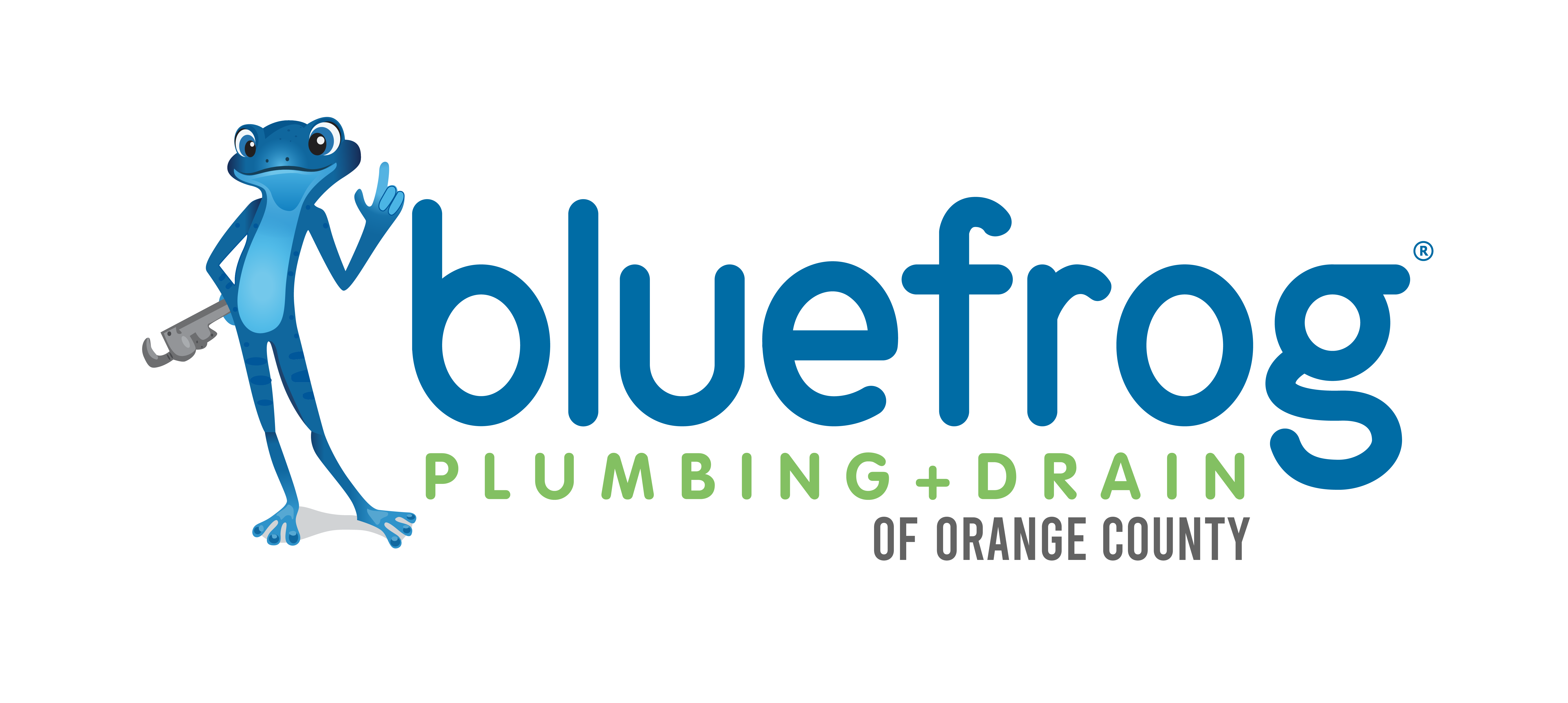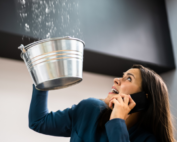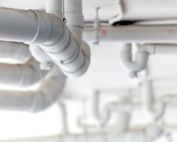Since the 1060s, copper pipes have been a popular choice for plumbing systems as they are durable and long-lasting. However, they are not without problems.
In this article, we will examine 3 common conditions that negatively affect copper pipes and see how these issues play a role in determining the condition of your entire plumbing system.
Leaks Due To Corrosion
The main issue with copper piping is leaks. Unfortunately, it has been determined that a single copper pipe leak is not an isolated incident but instead indicates a widespread system failure. Therefore, if a pipe develops a leak it is certain that more will follow often spurring homeowners to schedule a whole-home repiping since the cost of frequent repairs will always be higher than replacing the plumbing pipes.
Corrosion is the main cause of copper pipe failure but corrosion can come from a number of different conditions. Here we will examine the various ways copper pipes can corrode.
Soil Conditions
Chemicals found in soil that come in contact with copper pipes can be problematic. Soils with elevated sulfate or chloride content along with poor drainage can accelerate the corrosion of copper pipes. This type of corrosion is known as pitting corrosion and is the most insidious, leading to pinhole leaks commonly associated with copper pipe.
Corrosion can also occur from pipes exposed to rough soil with high levels of sand or grit. This interaction causes abrasion and a wearing away of the copper from the outside, thinning the copper pipe and leading to leaks.
Shifting soil due to earthquake activity or soil that permits excessive movement is another contributor to external abrasion as well as a loosening of pipe joints also causing plumbing pipes to leak.
Minerals In Water
Water that has high concentrations of certain minerals such as calcium and magnesium is considered hard water. Hard water is destructive to copper pipe lining as it promotes scaling. Scaling is an accumulation of minerals and other deposits on the lining of plumbing pipes, fixtures, and water-using appliances. This build-up corrodes pipes from the inside out and, if left unattended, can restrict the flow of water leading to low water pressure and blockages.
Contamination Of Water
Household water can become contaminated in homes with copper piping because the copper can leach into the water supply making it unsafe. Many believe that this is only a problem in older homes but this is not the case. New pipes have been found to have an even higher leach rate compared to older plumbing because years of hard water running through copper produces a kind of protective lining.
Ingesting copper-tainted water is hazardous to your health. There is plenty of research showing the ill effects of copper in water supplies. Copper ingestion can lead to kidney and liver disease in small children and digestive problems in adults.
Not only is the copper itself an issue, but the lead solder once used to join pipe sections is dangerous. Older homes built before the 1930s definitely contain lead solder but even homes built up until the 1980s, when lead solder was banned, can still be causing issues with drinking water. Young children, infants, and fetuses are most affected by lead in water and today only lead-free solder options are available.
Expansion, Contraction, And Soil Movement
A third factor that can negatively affect copper plumbing pipes is movement, and that movement can come from the pipes themselves or from the surrounding soil.
Copper has what is known as a high coefficient of thermal expansion. What that means is copper pipes move significantly when there are changes in temperature. This pipe movement can place unnecessary stress on pipes and fittings and can lead to leaks and frequent pipe repairs.
Copper pipes that have been installed where soil movement is expected are also negatively affected. Earthquake activity, soil structures that are sandy and prone to shifting, or soil that is being eroded from some source can cause copper pipe connections to loosen and crack. This is a problem that frequently leads to slab leaks which are plumbing failures in pipes installed under a home’s cement foundation.
Looking For A Plumber To Help With Copper Pipe Issues?
As we have seen, copper pipes, despite being corrosion-resistant, can be negatively affected by corrosion, contamination, and movement that can prematurely degrade the pipe material or alter it, causing leaks and plumbing disasters. Call us if you suspect your home and pipes are suffering the ill effects of corroding copper pipes. We can discuss your options and lay out a plan to counter these issues and give you the peace of mind you deserve!

Slab Leaks: A True Plumbing Emergency
Home building following World War II was aggressive, so many houses were built on cement foundations to reduce the time it took to build them and to keep costs at a minimum. They were
How To Extend The Life Of Plumbing Pipes
A plumbing system consists of a complicated series of pipes, fixtures, and appliances that provide the infrastructure to run a well-functioning home. In this article, we will focus solely on plumbing pipes and ways
3 Silent Signs You Have A Plumbing Problem
Some plumbing issues announce themselves with a fury such as a drain backing up with sewage or a burst pipe, while others remain silent and destructive. In this article, we will reveal 3 signs



